On Thursday evening, Prime Minister Narendra Modi is set to meditate at Kanyakumari's famed 'Dhyamandapam,' the rock where Swami Vivekananda once meditated. This meditation session coincides with the final day of campaigning for the last phase of India's Lok Sabha elections, scheduled for June 1. The last phase will see voting in 57 constituencies across eight states and Union Territories, including Modi's constituency of Varanasi. Vote counting will occur on June 4.
Sources indicate that Modi will meditate for two days, from the evening of May 30 to June 1, at the Vivekananda Rock Memorial. This site is historically significant, as it is where Swami Vivekananda achieved enlightenment after meditating for three days.
Modi has previously undertaken spiritual tours after election campaigns, visiting Kedarnath in 2014 and Shivaji's Pratapgarh Fort in 2019. This year, he chose the southern locale of Kanyakumari, where the Bay of Bengal, Indian Ocean, and Arabian Sea converge. The rock is also considered sacred in Hinduism as the place where Parvati performed penance for Shiva.
However, Modi's planned meditation has sparked political controversy. Both the CPM and Congress have approached the Election Commission to prevent live broadcasts of the meditation session, arguing that it would unfairly benefit the BJP ahead of the seventh round of polls. Tamil Nadu CPM State Secretary K Balakrishnan wrote to the Chief Election Commissioner, requesting that the telecast be halted to avoid violating the commission's code of conduct. The Congress echoed this request, and Mamata Banerjee criticized Modi's meditation, questioning the need for a camera during such a personal act.
As the final phase of voting approaches, the debate over the Prime Minister's meditation underscores the heightened political tensions in the lead-up to the conclusion of the elections.



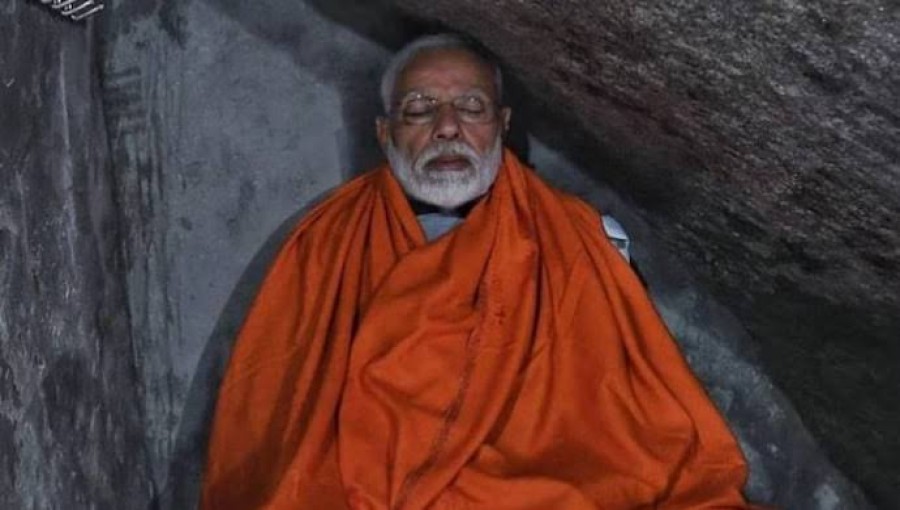






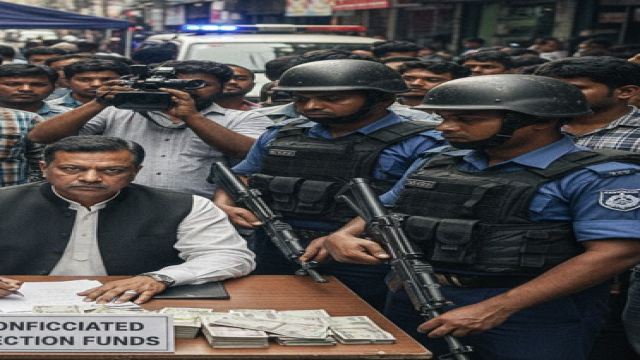
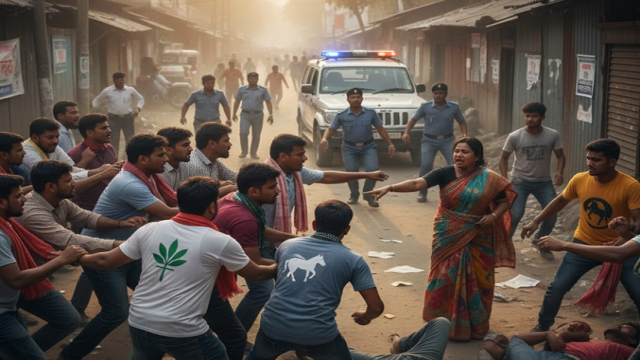
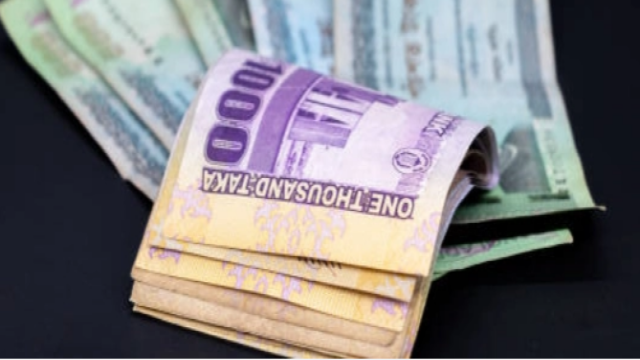
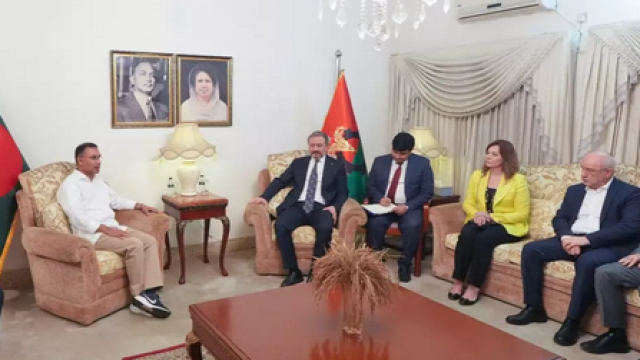
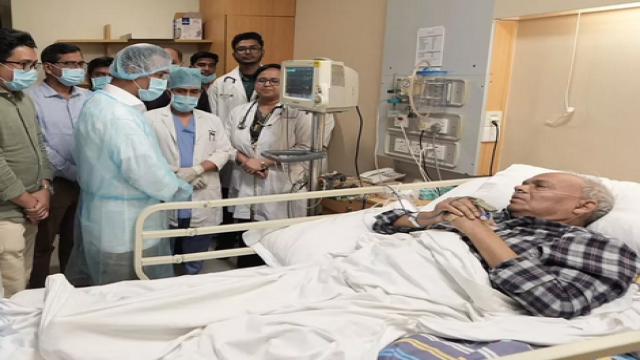
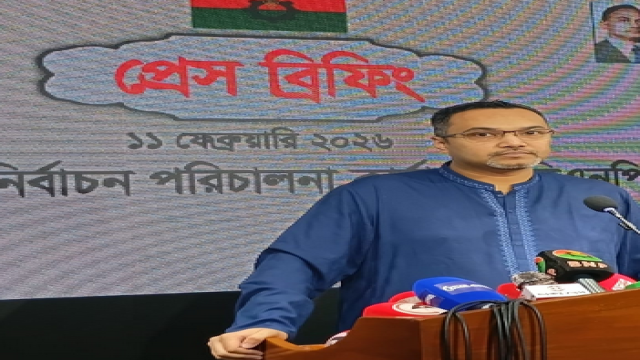
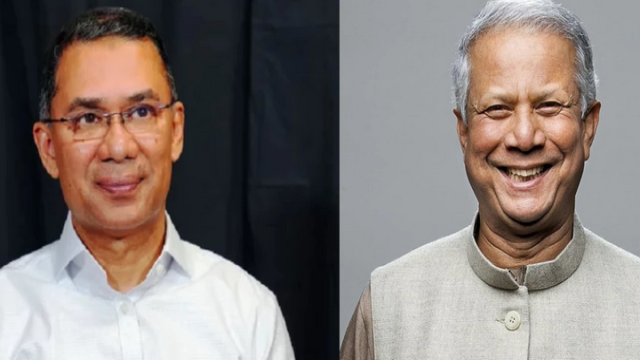
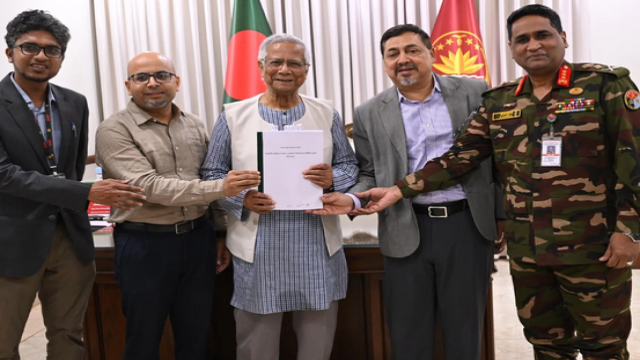
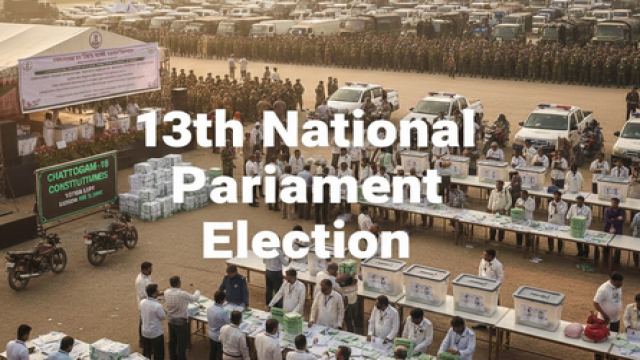
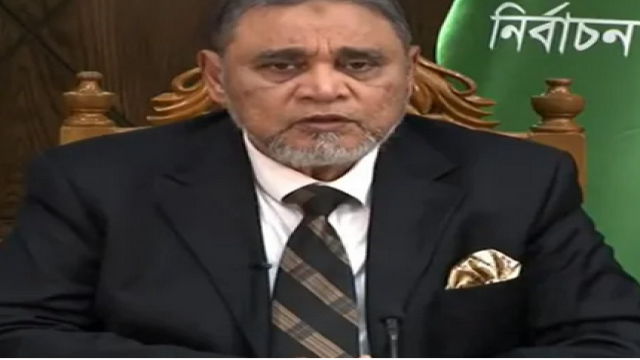











Comment: